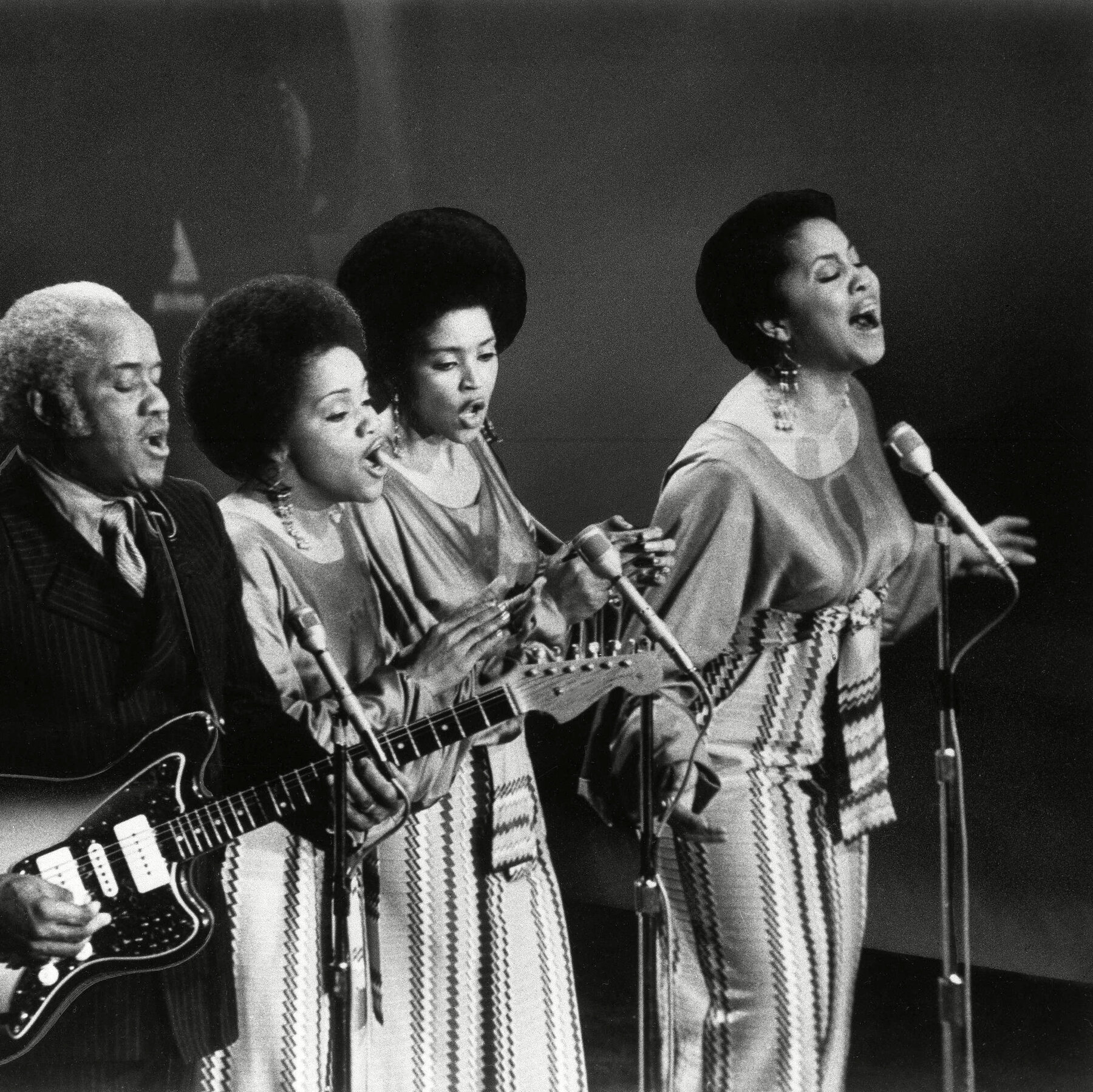Can music be a catalyst for cultural and political upheaval? According to 1971: The Year That Music Changed Everything, the answer is a definite yes. Directed by Asif Kapadia, the eight-part series documents 12 months in music history – a period that proved to be groundbreaking. From artists such as The Rolling Stones and The Beatles to Aretha Franklin and Marvin Gaye, there is little doubt that the iconic songs of the time broke boundaries.
The docuseries is based on the book, Never a Dull Moment by David Hepworth, in which the author states that the early 70s were “the most febrile and creative time in the entire history of popular music” and 1971, in particular, was “the most innovative, most interesting and longest-resounding year of that era.”
1971: The Year That Music Changed Everything features vintage footage backed by old and newly-recorded interviews from some of the top musos and figures of the time. Prior to its inclusion in the series, a lot of the material has rarely seen the light of day.

While a lot of the footage is flattering, other is more confronting and revealing. Some of the highlights include John Lennon comparing using “Imagine” to sell peace to selling Coca-Cola; David Bowie’s meeting with the pop icon Andy Warhol in London; the stabbing of Meredith Hunter by the Hells Angels at Altamont; and Chrissie Hynde of The Pretenders talking about the shooting of protesters by the National Guard at her school.
Other footage, which is not related to music, is also interesting. There are clips of Germaine Greer, Angela Davis, Hunter Thompson, and England’s “Keep Britain White” movement. There is also an amusing snippet of an older British woman reciting the lyrics of T. Rex’s “Get It On.”
The eight episodes (“Respect,” “Starman,” “Exile” “What’s Happening?” “End of the Acid Dream, “Changes,” “Our Time is Now” and “The Revolution Will Not Be Televised”) focus on various artists and how they dealt with the issues of the day. Throughout the series, for example, we see Aretha Franklin and Gil Scott-Heron supporting black power; John Lennon and Marvin Gaye speaking against the Vietnam War through art; and David Bowie and Alice Cooper delving into androgeny and glam rock.

According to LateNightStreaming.com, the key takeaway from 1971: The Year That Music Changed Everything is the notion that the artists of the day were making music that shaped the times, rather than just reflected them. “Significantly, 50 years on, some of the artists featured in the docuseries remain relevant. For example, Gil Scott-Heron, Tina Turner, Carole King, and Kraftwerk will be a part of this year’s Rock and Roll Hall of Fame,” a spokesperson says.






